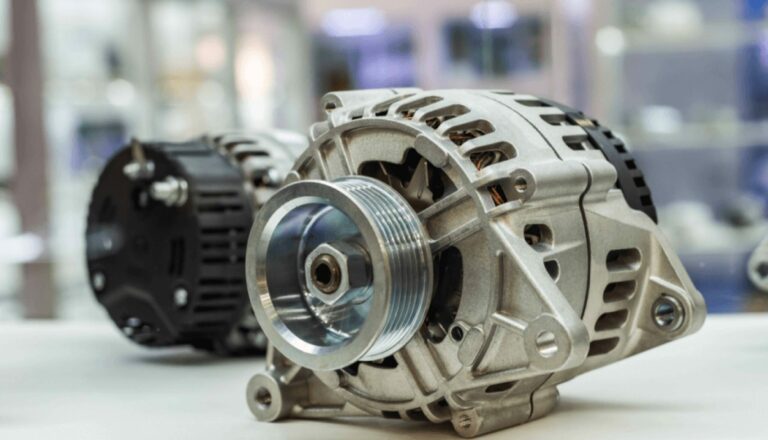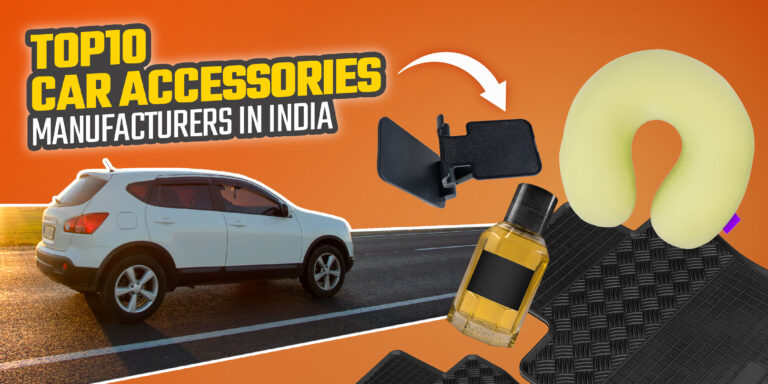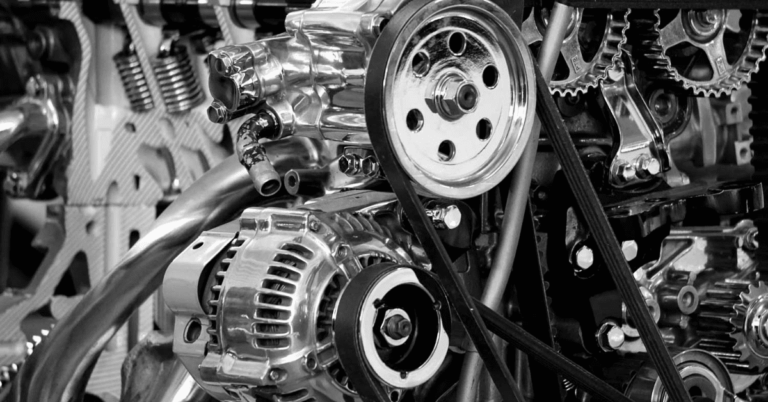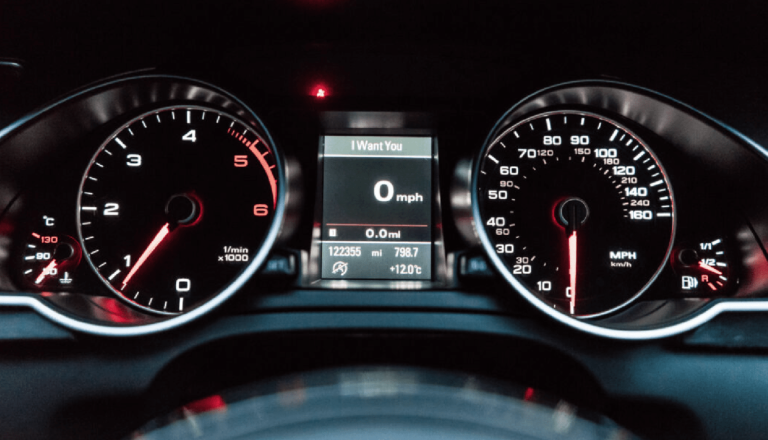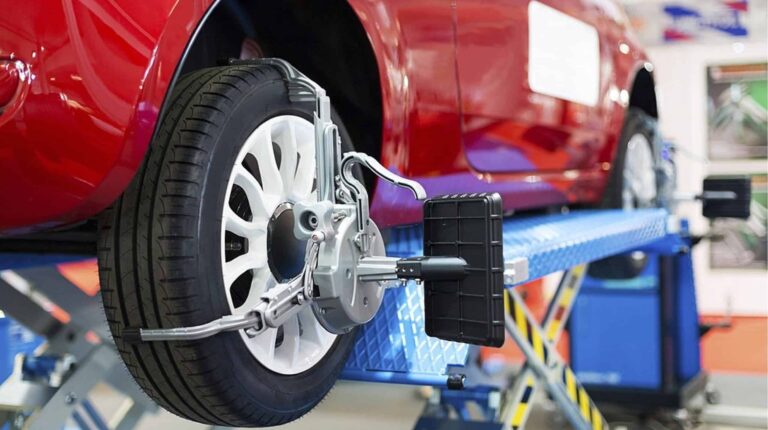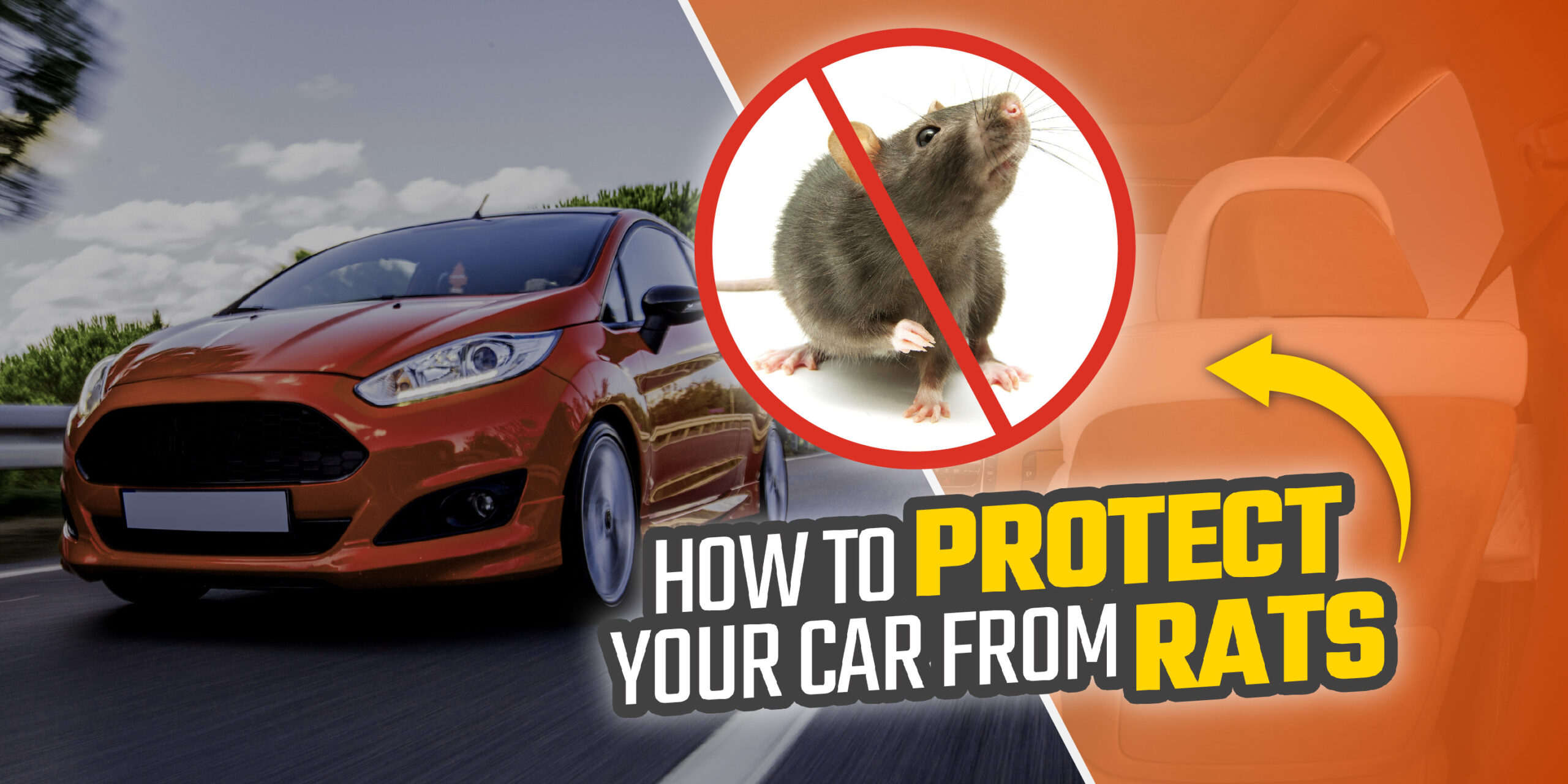
Rats and rodents may be small pests, but their impact on your car could be massive. Imagine this, you have bought a new car, parked it in your garage and the next day you find chewed-up wires and shredded bits in your engine and cabin. It could drive you insane. Fortunately, we are here to help you out. This blog will unravel the mystery of how to protect your car from rats naturally using home remedies to safeguard your vehicle from those pesky rodents.
Why Do Rats Make Your Car Their Home?
Rats are nocturnal creatures, which means they rest during the day and are active at night. Your car (especially the engine bay) offers a cosy and secure shelter to stay safe from predators with an endless supply of chewy wires and other hoses, materials which they use to gnaw down their ever-growing front teeth.
During the colder seasons, the car provides a warm environment which makes it an inviting spot for resting and nesting. The dark and intricate layout of the car engine bay is similar to the rodent’s natural habitat, making it comfortable for them to explore and nest.
Rats’ teeth grow throughout their lives, making it necessary to chew on hard materials to keep their teeth at manageable levels. They consider the array of wires and hoses at their disposal a virtual dental spa to take care of their teething troubles. Rats can also be found breeding and raising their young in cars to stay away from predators. That is why it is important to learn how to protect your car from rats.
Learn the secrets to ultimate engine bay detailing to keep those rats away from your car.
What Damage Can a Rat Do to Your Car?
Before we get into how to protect car from rats in India, let’s look at some of the common problems of sharing your car with a rat.
Electrical Nightmares
Rodents are notorious for chewing on electrical wires in the car. They just don’t discriminate between a power cable and a tasty twig. And their sharp teeth can easily slice through the insulation material exposing the wire’s delicate connections. The result is short circuits, electrical malfunctions and maybe even a fire hazard which could total your car if you attempt to crank the engine.
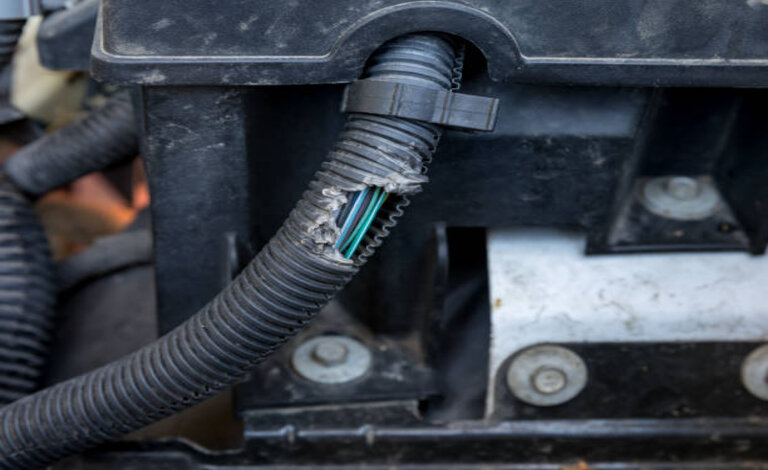
Destroying Rubber and Plastic
Rats love to chew on rubber belts, tubing and gaskets. Over time these components weaken, potentially causing leaks, decreased performance and ultimately engine failure. If they find their way into the cabin, they could ruin carpets, seats and any other soft materials they can sink their teeth into.
Nesting and Resting
These small pests can make use of a variety of materials including insulation, fabrics, paper and rubber to build cosy nests within your engine compartment. These nests could obstruct airflow, especially in the AC and ventilation system, leading to overheating and reduced engine efficiency.
Compromised Safety
A damaged electrical wire controlling the braking system could lead to an accident or comprise road safety. Other critical components such as airbags and steering control could also be affected.
Unpleasant Odours and Contamination
Your new car smell could soon be replaced with the stench of rat droppings. This could turn into a health concern as bacteria begins to accumulate and turn your interior into a quarantine zone.
Needless to say, all this is going to add up to big bills at the service station. Replacing components is expensive, and worse still, you may have to sell the car if the infestation has caused major damage. Understanding the impact of a rodent menace in your car is the first step towards prevention.
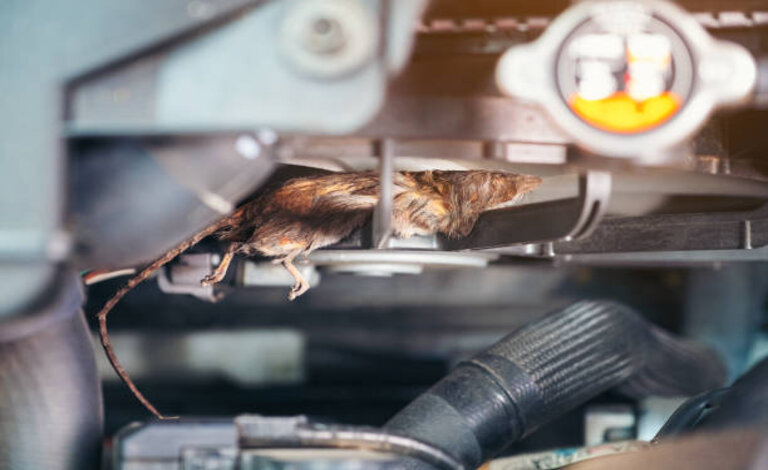
9 Tried And Trusted Solutions On How To Protect Your Car From Rats Naturally
Before you set out on your rat attack mode, take the defensive stance by maintaining a clean car interior and surrounds. This means getting rid of all trash, snack wrappers, drinks, bottles of water and any other potential food sources that can attract pests.
Keep your vehicle tidy, vacuumed and place an air freshener in the cabin to get rid of musty, damp smells that rodents are attracted to.
Here is a guide to the top 10 vacuum cleaners in India to help keep your interiors clean and tidy.
Let’s describe the 9 best ways to make your car rodent-free for good.
1. The Power of natural repellents
Insecticides may be convenient to use, but they are not good for you. The toxic chemicals could lead to health issues such as breathing difficulties, rashes, etc. Nature offers a range of potent pest repellents such as pepper, garlic and onion. Peppermint oil for rats in car is another everyday ingredient that can ward off unwelcome intruders.
2. Seal Entry Points
Rats are small enough to squeeze through even the tiniest entry points. Use steel wool or aluminium foil as a barrier which provides rat protection for car engine bay. These tiny creatures cannot gnaw through metal and cannot creep into cars easily with such formidable barriers in place.
3. The Scent of Predators
Rats are discouraged from moving into an environment if they sense danger. Birds of prey such as Eagles, Owls, etc have a strong scent that scares rats. Cotton balls soaked in these birds’ urine can mimic the presence of a threat and prevent rodents from hanging around your car. You could even get a pet cat to live in your garage, which will scare rats and have them running away.
4. Periodic Car Movement
Rats need a quiet area for nesting. If you regularly move your car, they understand that your vehicle is not the perfect place to make their home. It disrupts their comfort zone and they will seek shelter elsewhere.
5. Mothballs (naphthalene balls)
These are good for smaller pests and insects, but they could also be effective against rats due to their strong and offensive odour.
6. Raw Tobacco
Tobacco is actually a natural pesticide, and rats can be discouraged from moving around an area that is lined with raw tobacco leaves.
7. Maintain the surroundings around parked cars
Block drains, trim bushes, shrubs and trees around your parking area. Get rid of trash cans in the vicinity and clear them out on a regular basis. These areas are favourite hiding spots for rodents and by reducing their sources of cover, you can make your parking spot less attractive to rats seeking shelter.
8. Rat traps
Traps have been used to capture mice throughout history. They just need bait (usually cheese or some other food) and the rats get trapped in the device. Some mousetraps use sticky tapes, cages, etc to prevent rodents from escaping.
9. Rat poison
Although this may not be the most elegant solution, as it involves harming rats, it could be the last resort if you are dealing with an infestation. Rats are clever creatures and if they realise that one rat has been poisoned, they will send the message to other potential intruders to stay away from the area. However, use caution with this method if you have pet cats or dogs as they may be harmed in the process.
Besides these natural deterrents, there are also some excellent car accessories that can protect your car from rats. There are several electronic rat repellents that make use of ultraviolet sounds and LED lights to drive rats away. These accessories are affordable and easy to install in your car. They consume very little power and are the perfect solution how to protect your car engine from rats.
Above all, learn to keep your car clean inside and out with this helpful guide on car washing.
Signs That You Could Be Dealing With Rats Entering Your Car
Rats are most active when we are sleeping, however, they often leave behind telltale signs that they have visited your car.
Chewed Wires and Cables
The most obvious evidence of rat presence is damaged wires with teeth marks on them. Cover the wires with insulating tape immediately and use one of the rat prevention methods to eliminate them.
Rat Droppings
If you notice an unpleasant smell in your car or find small, dark pellets, it could be a sign that rats have taken up residence in your car. Rats will also leave urine stains on fabrics and other materials.
Nesting Materials
Bunched-up paper, insulation and other material in the corner of an engine bay is a clear indication of a rat nest. Destroy them immediately and clean the engine bay.
Unusual Noises
If you hear scratching, scurrying or other odd noises from within your car, you could be dealing with rats. Of course, you might spot a rat or rodent in or around your car, however, rats avoid human contact, so sightings may be rare.
How Do Rats Get Inside Your Car?
Rats can squeeze through the car’s bodywork, gaps around wires, hoses, and pipes and enter the engine bay.
Another area they often access is the Ac ventilation system which can serve as a pathway for them to enter the car’s interior. Any weather stripping that has been damaged or seals that are weak can be exploited by rats to gain entry.
The warm engine bay is a favoured spot for rats to create nests. But any cosy nook is a possible resting site for rodents. They can be found under seats, within seat cushions, inside dashboards, in the trunk and in the cabin air filter.
Conclusion
With the knowledge of how rats live, warning signs of their presence, potential damages and solutions on how protect car from rats, you should be well prepared to handle this rodent menace. It takes vigilance and persistence, but the rewards of reduced repair costs and the assurance of a clean interior should encourage you to make your vehicle a rat-free zone.
Explore more informative articles on the Carorbis Blog, where you will find the latest and most up-to-date automotive-related content.
Frequently Asked Questions
Q1. What is Rats in Car Engine Solution?
Ans. The engine bay should be cleaned regularly. The fresh scent of the cleaning solution will deter rats and prevent the accumulation of mould and fungus which could bring uninvited guests. Ultrasonic rat repellent devices placed in the engine bay are very effective at eliminating rats as the high-pitched frequencies they produce disturb rodents and prevent them from nesting in the car. Some car owners park their cars with a light on in the garage to discourage rats from hanging out near the vehicle. Rats prefer dark areas and hidden spaces. There are also special rat-repellent sprays that are applied to the engine bay and wheel arches. These chemicals are not harmful to humans but they prevent rats from entering the car hood while parked.
Q2. How to Protect Car From Rats Home Remedy?
Ans. Create a peppermint oil spray by mixing a few drops of essential oils with water. Spray this mixture around vulnerable areas, and reapply after a few weeks to keep rats at bay. Pepper spices also are effective against rat infestation. The pungent odour of chillies, garlic and onions is known to prevent rats from getting too close. You can even use mothballs which are usually used in cupboards and desks to keep insects away. Rats find it hard to breathe in the presence of such obnoxious odours and will stay away.
Q3. How to Prevent Rats From Eating Car Wires?
Ans. Wherever possible, park your car in a garage or enclosed area to reduce the risks of rats gaining access to your vehicle and engine wiring. Wires are covered in insulating plastic, which rats can chew through quite easily. By using an engine detailing solution, rats are discouraged from exploring these areas. Tie all loose wires with clips to prevent them from dangling, making them less tempting for rats to gnaw at. Use insulating tape to cover any damaged wires that have been the victim of rodent infestation. It will be difficult for rats to keep reattacking wires that have sticky tape covering them. For wires that are constantly damaged by rats, cover them in metal wrapping which the pests cannot chew through.
